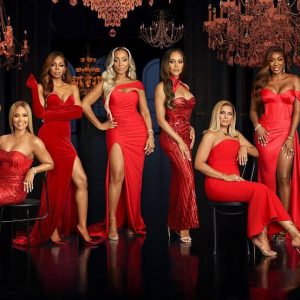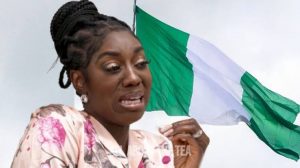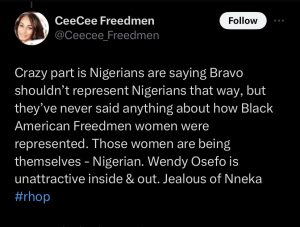The eighth season of the reality television series “Real Housewives of Potomac” has recently drawn attention to its portrayal of Nigerian Igbo culture through the lens of housewives Wendy Osefo and Nneka Ihim.

As the show, which premiered in 2016, enters its eighth season, the inclusion of Nigerian-American housewives has ignited a debate on whether the show’s representation of Nigerians is accurate or perpetuating negative stereotypes.
The controversy centers around Wendy Osefo, who has been labeled as an alleged ‘Osu,’ an ostracized member of the Igbo society. In Season 8, Episode 2, a significant portion of the episode was dedicated to discussing Wendy’s alleged status as Osu, with her providing a perspective that some critics argue misrepresents the historical and cultural context of the term.

Wendy’s statement on the show, where she mentioned, “Osu is something from, like, ancient Gods in Nigeria. My family is not that, right? And it basically is people who are considered outcasts,” has sparked dissatisfaction among some Nigerian viewers who feel that she oversimplified and misinterpreted the significance of the term.
Moreover, the addition of Nneka Ihim to the cast has brought another layer to the controversy. The show faced criticism for allegedly demonizing Wendy’s mother and her spiritual practices, raising concerns about the representation of non-Christian spiritualities, particularly those from the African diaspora.
Nigerian fans in the diaspora have expressed their displeasure over the perceived misrepresentation of Igbo culture, with some pointing out that Wendy, despite her education, failed to accurately portray her tribe on a global platform.

The missed opportunity for a positive representation of African spirituality in pop culture adds to the grievances of many Nigerian viewers.
There is a certain clamor erupting from online particularly around the Nigerian community in diaspora on the internet, concerning the show’s lack of interest in bringing light to the narrative, and ensuring proper representation of the Nigerian culture.


